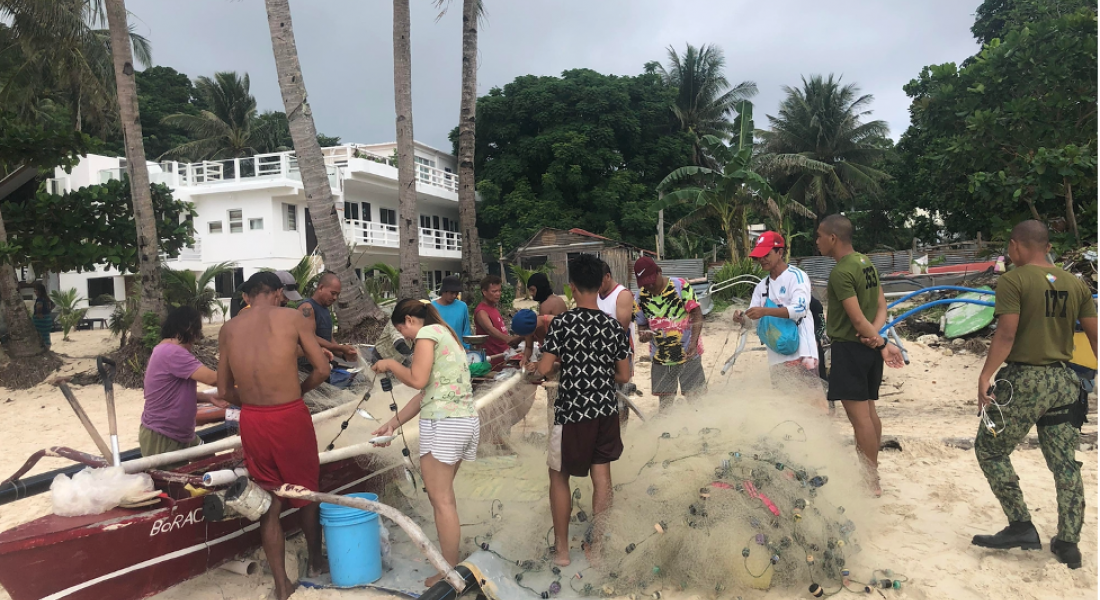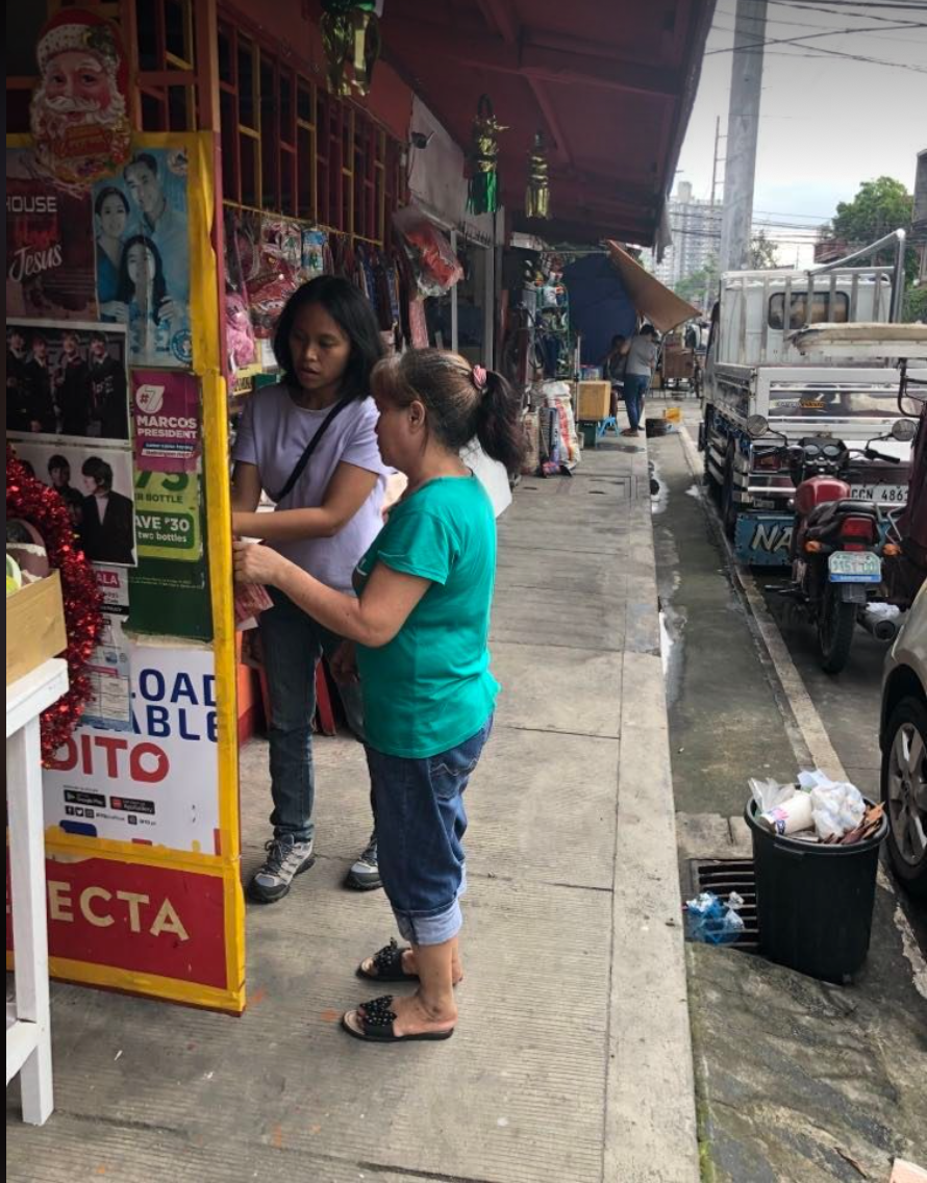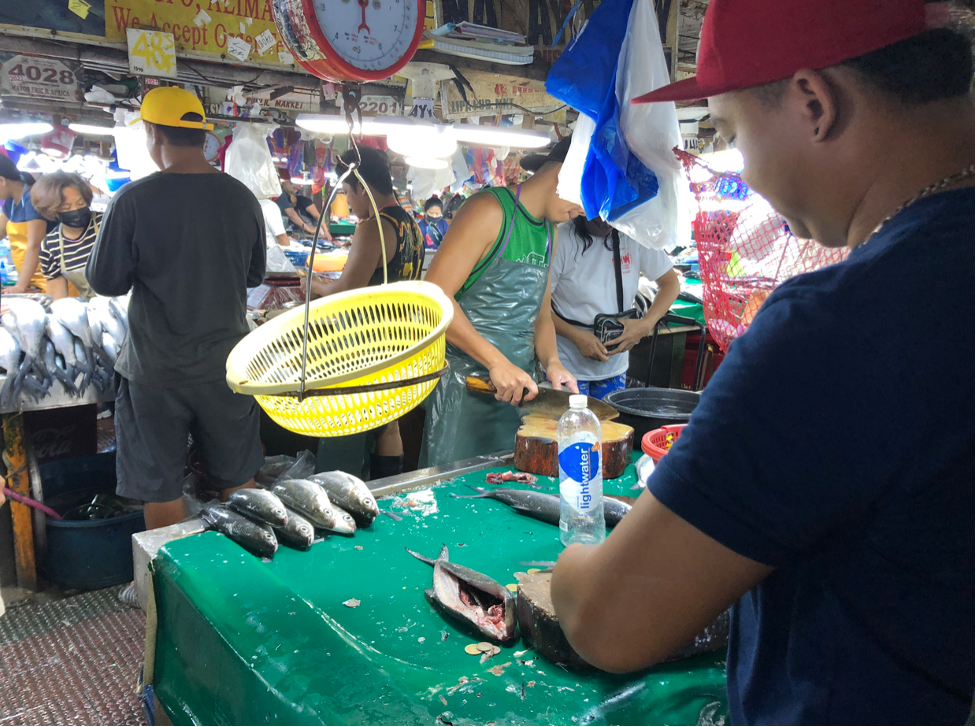
From May 2022 through July 2022, and December 2022 to January 16, 2023 Kellogg Doctoral Affiliate Jeremi Panganiban (peace studies and anthropology) traveled to the Philippines, on a Kellogg Institute Graduate Research Grant to conduct research for her project, “Gender and Maritime Conflicts in the South China Sea”. Upon her return, she sent the following summary of her work.
Research Goal:
My project examines the gendered nature of maritime conflicts through a qualitative ethnographic investigation of the impacts of biodiversity collapse and ongoing claims conflicts in the South China Sea. Coastal communities in the Philippines illuminate the convergence between sustainable environmental development discourse, and peace and conflict transformation in the Philippines, in post-colonial nation states and globally. I situate this work within anthropological and peace studies literatures that explore the co-production of peace, sustainability, and development through law and politics cultural politics of seafaring and maritime masculinities, and affective and material relationality. Finally, my project seeks to illuminate the ways that people seek and experience what it means to flourish in the context of impending collapse. My goals for this phase of my research were the following: (1) finalize my fieldwork site, (2) document evidence of social impacts of collapse, (3) collate and review primary and archival materials.
 Research Activities:
Research Activities:
My research includes ethnographic fieldwork in Metro Manila and select provinces in the Philippines. My main activities were the following: (1) Visit to Navotas Fish Port Lipa, Batangas Public Market, and public markets within Metro Manila; (2) Visit to Food Export Processing Plant; (3) Interviews with key informants in the fishing and maritime sector of the Philippines. My research consisted of observing activities that are already taking place in the fish markets, formally and semi-formally interviewing people in their official capacities (in the case of NGO, government and industry leaders), as well as people in their everyday context (e.g. as they are working in the market). I contacted colleagues from my existing professional network. I also requested referrals from my key informants for people they think I should reach out to for interviews and/or visits. The following were the broad questions I asked for this phase of my project: What kinds of crisis and disruptions significantly impact your daily affairs and the maritime sector? How do you cope with these disruptions or crisis? What is your outlook for your future, for the future of the maritime sector/your livelihood?
Findings:
My fieldwork experience indicates that focusing in Metro Manila would be most productive for my dissertation, particularly in the Manila Bay area, and the sociopolitical dynamics surrounding the Navotas Fish Port Complex, the main fishing port in the country and one of the largest in Asia.
Preliminary ethnographic results show that “ignorance” and different types of expertise matter for players in the fish port. Actors seem to either mute or amplify their knowledge of certain things, including how they appreciate the “ongoing crisis” in South China Sea, as well as strategies to keep their livelihoods afloat despite declining market and harvest conditions. ‘Gender’ mostly comes through ‘division of labor’ and role allocation between men and women in the household and the market. There seems to be a gap in understanding the gendered political economy of the Navotas Fish Port.
The national elections in May 2022 influenced people’s outlook of the future; some of my interlocutors hopes that the new administration will continue with the infrastructure projects started by the previous government while others are worried about potential impacts to human rights and human security. My winter fieldwork also indicates access and mobility issues in Metro Manila. Urban transportation is unable to accommodate mobility needs of the people in the city. Severe traffic is a chronic development issue that affects daily routine of people (eg budgeting 2 hours one-way to travel 10km).
A national artisanal fishers organization expressed willingness to host my dissertation activities at the fish port and introduce me to small-scale fishers’ organization in the Manila Bay area in the future. I have also maintained contact with them and have agreed to stay connected for significant activities in the Manila that may be of relevance to my ethnographic work in the near future.
 My research reveals the need for me to reach out to the maritime security sector, those specializing in regional coastal security, transnational safety and monitoring, as well as policy experts would provide unique perspectives on how securitization affects marketplace dynamics in Navotas. As a result, I began pursuing previous professional contacts in the Women, Peace and Security sector, mostly based in the East-West Center in Honolulu, Hawaii. I have arranged virtual and in-person interviews in Spring 2023 with security professionals and academics studying ocean security in Southeast Asia based in the University of Hawaii.
My research reveals the need for me to reach out to the maritime security sector, those specializing in regional coastal security, transnational safety and monitoring, as well as policy experts would provide unique perspectives on how securitization affects marketplace dynamics in Navotas. As a result, I began pursuing previous professional contacts in the Women, Peace and Security sector, mostly based in the East-West Center in Honolulu, Hawaii. I have arranged virtual and in-person interviews in Spring 2023 with security professionals and academics studying ocean security in Southeast Asia based in the University of Hawaii.
Future Directions:
My summer and winter fieldwork activities will contribute to my dissertation which I hope to finish by 2026. This Kellogg Research Grant helped me finalize the location of my ethnographic research site for my dissertation (ie Manila Bay area), find a local host/sponsor for future ethnographic work), as well as refine my research question to focus on the value of knowledge and ignorance in coping with crisis and maintaining human flourishing. I will transcribe the interviews I conducted and then hopefully be able to write publications based on them in the future. I will also use the results of this fieldwork as material for external grant applications (e.g. NSF and Wenner-Gren Foundation).





